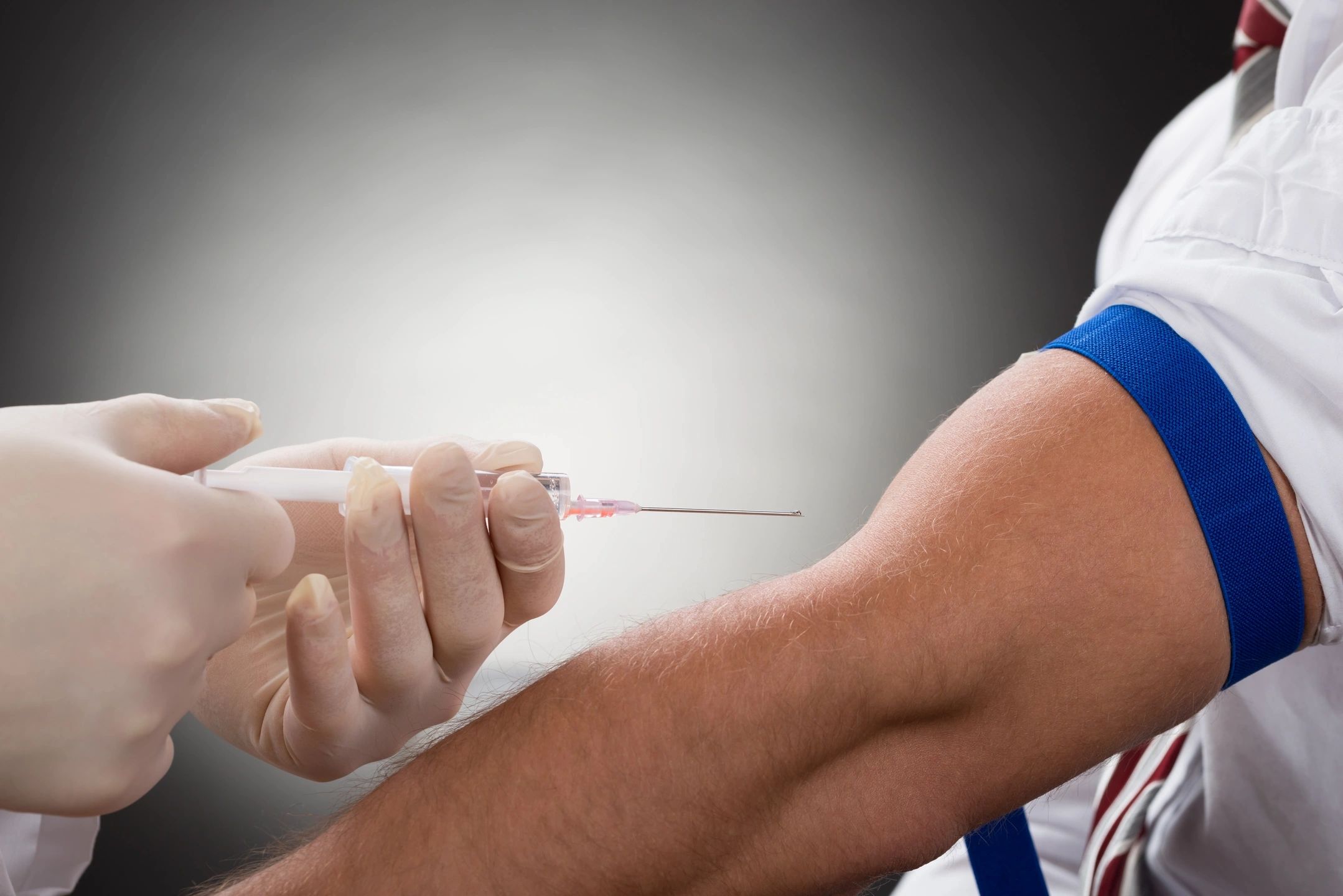Premier Doug Ford is set to close most safe injection sites by enforcing a 200-metre buffer zone from schools and daycares, while simultaneously increasing provincial support for addiction treatment.
In a move that has sparked criticism from health advocates—who warn it could lead to more overdose deaths—and praise from local residents frustrated with drug activity, 10 of Ontario’s 17 safe injection sites will be shut down by March 31. Among these closures are five sites in Toronto, including Leslieville’s South Riverdale Community Health Centre, near where mother-of-two Karolina Huebner-Makurat was tragically killed by a stray bullet last summer, a crime that shocked the city.
Additionally, sites in Hamilton, Guelph, Kitchener, Ottawa, and Thunder Bay will also be closed.
To offset these closures, the government plans to allocate $378 million towards the establishment of 19 new “Homelessness and Addiction Recovery Treatment” (HART) hubs. These hubs will include 375 supportive housing units, addiction recovery programs, and treatment beds. However, the HART facilities will not offer supervised drug consumption, safe supply programs, or needle exchanges.
Ford, who has previously spoken about the impact of addiction on his own family, has expressed skepticism about the effectiveness of safe injection sites in residential areas, stating, “I’m not sold on these safe injection sites that are in neighbourhoods where needles are scattered—it’s a haven for drug dealers.”



